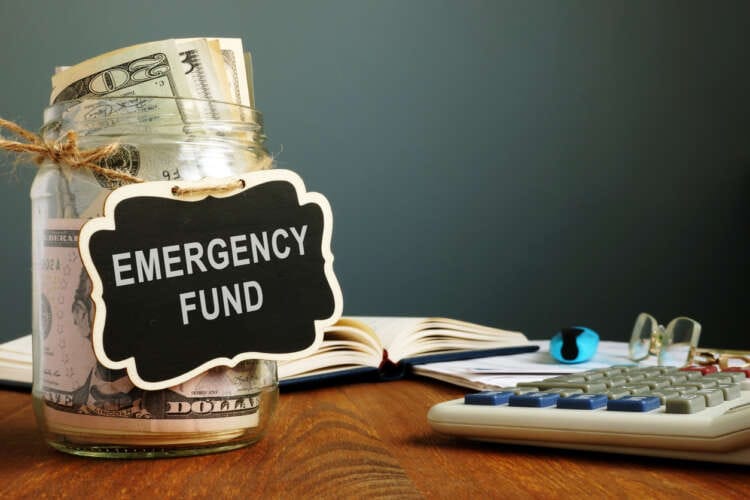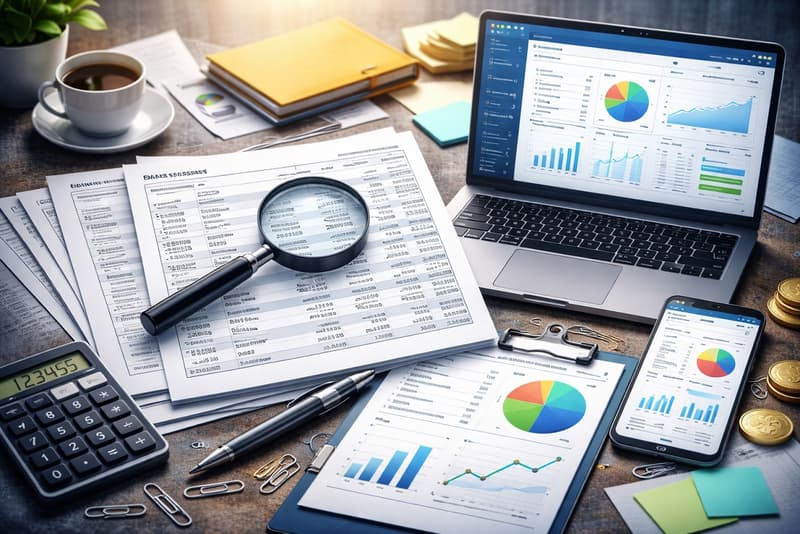
When it comes to money matters, you don’t have to be a financial expert to know that you should save for rainy days. Regardless of your economic standing, it’s important to not be complacent about your money and periodically set aside a certain amount for emergencies. Without an emergency fund, factors like unforeseen personal circumstances and a precarious global economy could make a dent in your wallet and paralyze your everyday decision-making.
This is why you should have a designated fund that will serve as your bedrock for abrupt spending. This slice of your net worth should be able to cover various needs such as medical expenses, car maintenance, home repairs, and the repercussions of unemployment. The amount needed for an emergency fund depends on your lifestyle, but a good rule of thumb is to set aside money from your salary, tax refunds, or other sources of income to cover 3-6 months’ worth of living expenses. For those with a paycheck-to-paycheck state of employment, setting aside 1-2% of your take-home pay for emergencies should be sufficient. If you’re just starting to build your rainy-day fund, here are some tips to help you determine the right options for your financial safety net.
Invest in Stocks or Cryptocurrency
We’ve all heard talk of the volatile stock and crypto markets, but that shouldn’t discourage you from investing your hard-earned money. Investment vehicles have high growth potential in the long run, leaving you with passive income that you can extract during emergencies. However, high risks always come with high rewards. Before you buy into these kinds of assets, make sure that the amount you are funneling is disposable income or money you have no qualms about parting with.
Cryptocurrencies such as Monero dispel myths that crypto heightens vulnerability to personal data breaches. Monero operates on a decentralized network and allows fast payments anywhere in the world without being bogged down by regulatory fees. Free crypto wallets like www.xmrwallet.com are safe and allow you to have complete control over your keys and coins, all while ensuring utmost privacy by obfuscating personal information in transactions.
Open an Online Bank Account
Easy access and high liquidity are two of the most important things to consider when starting an emergency fund. Emergencies can happen at any time, so you should make sure that your fund isn’t tied to your long-term savings. Consider opening a bank account that you can easily access online and is separate from your primary savings account. Keeping a standalone emergency fund account will eliminate the temptation to dip into your reserves.
Opening a high-yield savings account is also a good strategy for establishing your emergency fund. Aside from having government insurance cover, high-yield accounts also allow you to enjoy the benefits of cashbacks and high interest rates.
Buy into Money Market Funds
Money market funds began in the 1970s as a way for investors to buy securities with higher returns than standard bank accounts. These are open-ended mutual funds that invest in highly liquid, short-term securities such as US Treasuries and other government securities.
Money market funds maintain a fixed value per share, so these are low-risk funds that can be a good starting point for those new to investing. Money market funds also offer returns that are relatively higher than some bank accounts, and you can use these as a complementary repository along with your savings account.
Save Money via Certificate of Deposit
According to the US Securities and Exchange Commission (SEC), a certificate of deposit (CD) acts as a savings account that is meant to hold a fixed sum of money within a certain period. Upon redeeming the CD, you’ll receive the original amount along with interest paid by the issuing bank. Thanks to the regulatory protection of banks, buying a CD is considered to be among the safest options for saving money. In the US, CDs issued by federally insured banks have an insurance cover of $250,000.
As with any investment, you’ll only reap the returns of CDs on a long-term basis. We’ll never know if interest rates might increase over the next few years, so it’s best to work out your purchase as early as possible. When strategizing your CD investment, you should keep in mind that there are banks that issue steep penalties for taking out your money too early. Explore your options for banks that won’t penalize you for early withdrawals.
Strategize Your Financial Umbrella
We can’t predict when turbulent times will hit us, and it’s never too early to prepare for the worst.
When choosing where to put your rainy-day fund, be sure to make well-informed decisions based on liquidity, accessibility, safety, and potential returns. Remember, your emergency fund serves as a buffer to help you stay afloat without relying on loans and debt. It’s important to put your hard-earned money in only the most trusted sources so you can keep living your life without monetary worries.
This is a Contributed Article.


